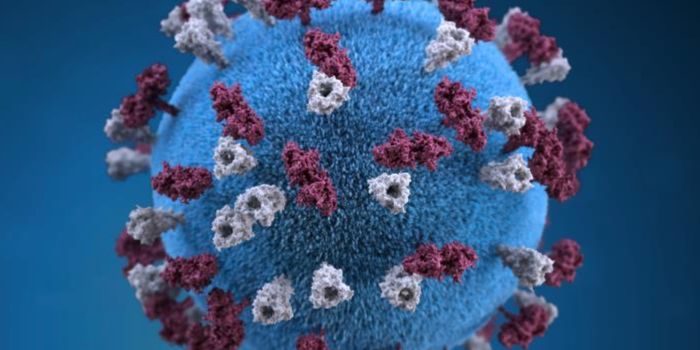Prenatal Use of Acetaminophen Could Increase ADHD Risks
A recent study reported that fevers in early pregnancy increased the risk for birth defects. Thus, moms-to-be may want to be more open to taking medication when they run a fever, the study suggested. However, another study has linked one of the most common over-the-counter fever reducers, acetaminophen (Tylenol), to ADHD in children when taken by pregnant women.
The link between acetaminophen and ADHD is not new. Notably, two research in 2013 and 2014 by a Norwegian team and Danish team, respectively, found similar correlations between prenatal use of the drug and the occurrence of cognitive problems in children. Since then, more studies have been published on the link, some of which are conflicting.
Acetaminophen is the active ingredient in hundreds of over-the-counter medications, the most well-known being Tylenol. According to the Centers for Disease Control and Prevention, around 65 percent of American women use the drug during their pregnancy.
The current study analyzed data from the Norwegian Mother and Child Cohort Study. This included data on over 114,000 children born to around 95,000 mothers and 75,000 fathers. About 55 percent of the mothers reported use of acetaminophen during pregnancy. And around 2,200 children were diagnosed with ADHD.
The team looked at the length of acetaminophen use and the occurrence of ADHD in children. The analysis appeared to reveal a threshold when prenatal acetaminophen use increases the risk for ADHD, and that threshold was a mere week.
Women who took the drug for longer than 7 days, the study found, had an increased risk for a child who would be diagnosed with ADHD. Those who took acetaminophen for nearly a month (29 days) more than doubled the risk for ADHD.
"We found that using acetaminophen for 29 days or more during pregnancy gave a 220% increase in risk for ADHD in the child," wrote Eivind Ystrøm, the study’s lead author. "This was after taking medical conditions and risk for ADHD in the family into account."
And the link seems to also affect men as well. Men who were on acetaminophen for more than 29 days before fathering a child are more likely to have a child with ADHD. "The association between paternal pre-conceptional acetaminophen use and ADHD was similar to the association between maternal use of acetaminophen during pregnancy and ADHD,” per the study authors.
Ystrøm hypothesized that this paternal influence could be “that fathers who use a lot of acetaminophen have a higher genetic risk for ADHD.” Or perhaps acetaminophen could exert some physical alteration in the sperm, which later manifests in higher risks for ADHD.
Because the study did not explore the biological mechanisms behind the increased risk, one thing remains clear: the link between acetaminophen and ADHD is just that, a link. Such results don’t provide proof that prenatal use of acetaminophen causes ADHD. And to that end, Ystrøm is quick to point out that pregnant women “should not refrain from short-term acetaminophen use,” particularly if they are in need of a pain or fever reducer. It’s when the acetaminophen use is long-term (defined by 29 or more days in the study) that should prompt a discussion between the mom-to-be and her doctor.









